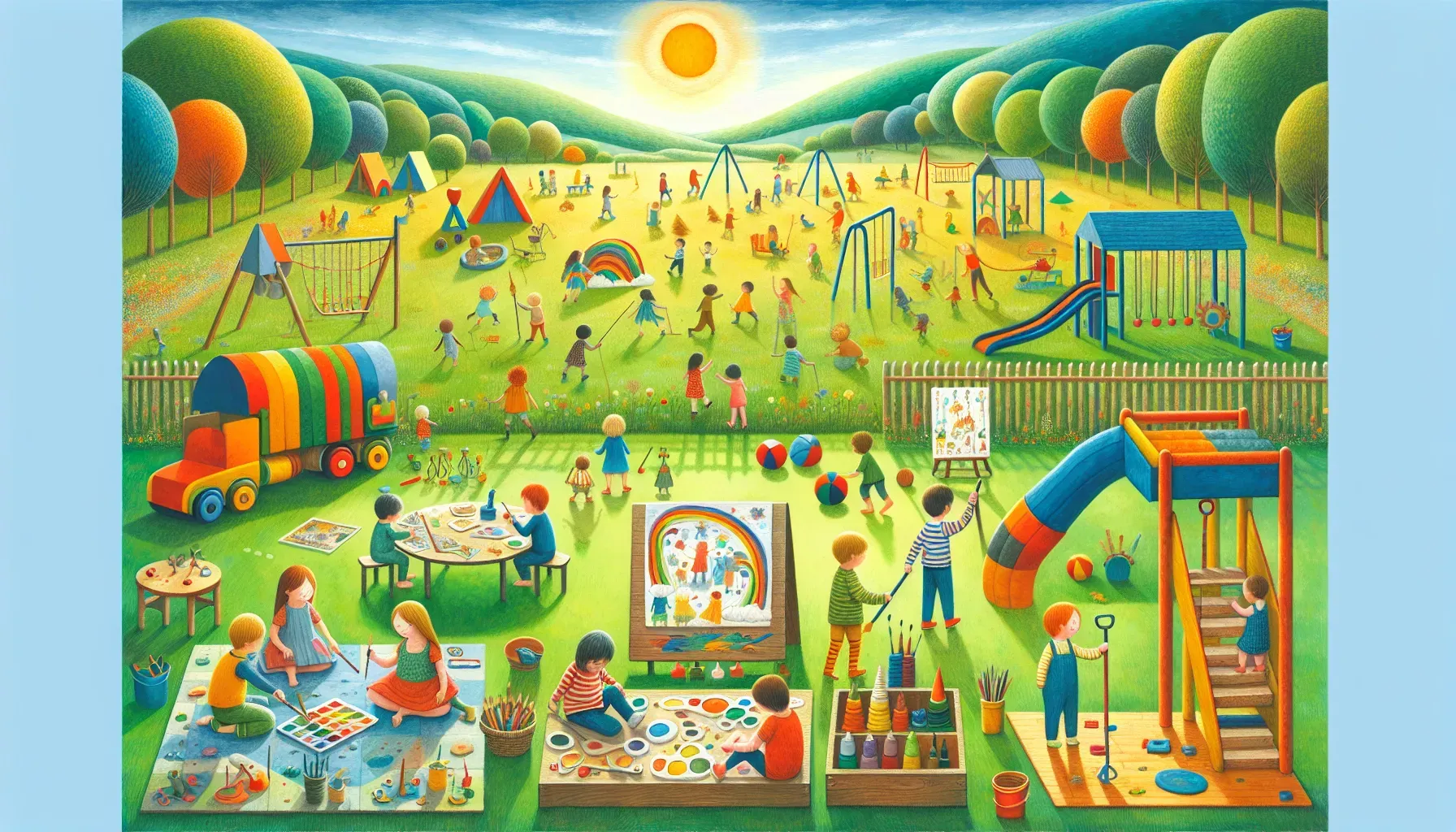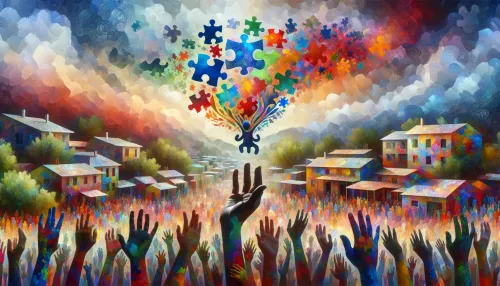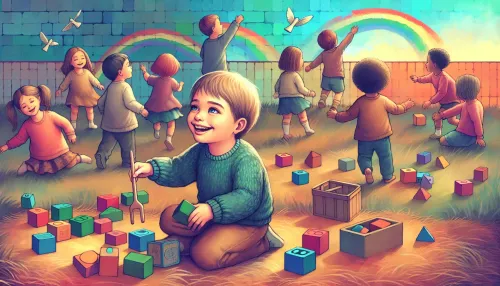Thriving Through Play: The Impact of Inclusive Recreation Programs for Autistic Children

In recent years, inclusive recreation programs have emerged as a vital avenue for promoting social interaction, physical activity, and overall well-being in autistic children. Tailored to accommodate diverse needs, these programs offer safe and inclusive play spaces that unleash creativity and provide opportunities for expression. By engaging autistic children in recreational activities, these programs not only foster social skills but also contribute to their holistic development.
Inclusive recreation programs play a pivotal role in promoting social interaction among autistic children. Through carefully designed activities and structured play sessions, these programs provide a supportive environment where children can interact with their peers, learn to take turns, and practice important social skills. Additionally, by incorporating physical activities such as group sports or sensory play, these programs encourage movement and exercise in a safe and accommodating setting.
Promoting Social Interaction and Physical Activity
One such program, "HorizonsMind Blog's Inclusive Playtime," focuses on creating a nurturing space where children with autism can engage in guided activities that facilitate social engagement and physical exercise. With trained facilitators and specialized equipment, this program strives to foster an inclusive environment where every child feels valued and supported.
How inclusive programs foster peer interaction
An essential aspect of inclusive recreation programs is their ability to tailor play activities to accommodate the diverse needs of autistic children. Understanding that each child is unique, these programs incorporate sensory-friendly elements, visual schedules, and structured routines to create a comfortable and inclusive experience for all participants.
Physical activities in safe and supportive environments
At "HorizonsMind Blog's Inclusive Playtime," the program coordinators work closely with occupational therapists and behavior specialists to ensure that every activity is tailored to meet the specific needs of each child. By offering individualized support and personalized accommodations, the program aims to create an environment where every child can thrive through play.
Understanding unique needs of autistic children
Inclusive recreation programs provide autistic children with opportunities to unleash their creativity and express themselves in supportive environments. Through art sessions, music therapy, and sensory exploration activities, these programs empower children to engage in expressive outlets that promote self-discovery and emotional well-being.
Individualized support and personalized accommodations
"HorizonsMind Blog's Inclusive Playtime" incorporates art-based activities where children can explore different textures, colors, and materials, allowing them to express themselves creatively while building confidence and self-esteem. By fostering a safe space for creative expression, the program encourages children to communicate their emotions and thoughts through various art forms.
Unleashing Creativity and Expression in Play Spaces
The holistic well-being of autistic children is a key focus of inclusive recreation programs. By engaging children in recreational activities that cater to their diverse needs, these programs contribute to their overall development, including physical health, emotional regulation, and cognitive skills.
The role of art and music therapy in expression
"HorizonsMind Blog's Inclusive Playtime" integrates music therapy sessions that aim to enhance emotional regulation and sensory processing skills in autistic children. Through rhythm-based activities and interactive music experiences, the program promotes self-expression and emotional well-being while fostering a sense of community among participants.
Cultivating confidence through creative outlets
In conclusion, inclusive recreation programs have a profound impact on the lives of autistic children by promoting social interaction, physical activity, creativity, and overall well-being. By tailoring play programs to accommodate diverse needs and providing safe and inclusive play spaces, these programs offer valuable opportunities for autistic children to thrive through play, supporting their holistic development and enhancing their quality of life.
Frequently Asked Questions
Inclusive recreation programs are designed to promote social interaction, physical activity, and overall well-being in autistic children. They provide safe play spaces tailored to accommodate diverse needs, allowing children to engage in structured activities that foster creativity and expression while supporting their holistic development.
Creativity is vital in inclusive play spaces as it allows autistic children to express themselves and explore their emotions. Through art sessions and music therapy, these programs empower children to engage in creative outlets, fostering self-discovery, confidence, and emotional well-being in a supportive environment.
Check Out These Related Articles

The Intersection of Emotional Intelligence and Teamwork: Unveiling the Power of Collaboration in Autism Support

Uniting for Change: Inspiring Stories of Community Engagement in Autism Support

Bridging Generational Gaps in Autism Support: Varied Perspectives on Care Practices
